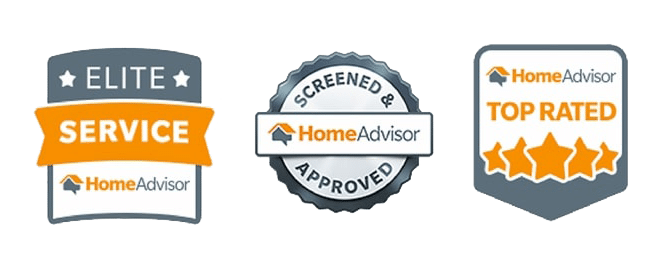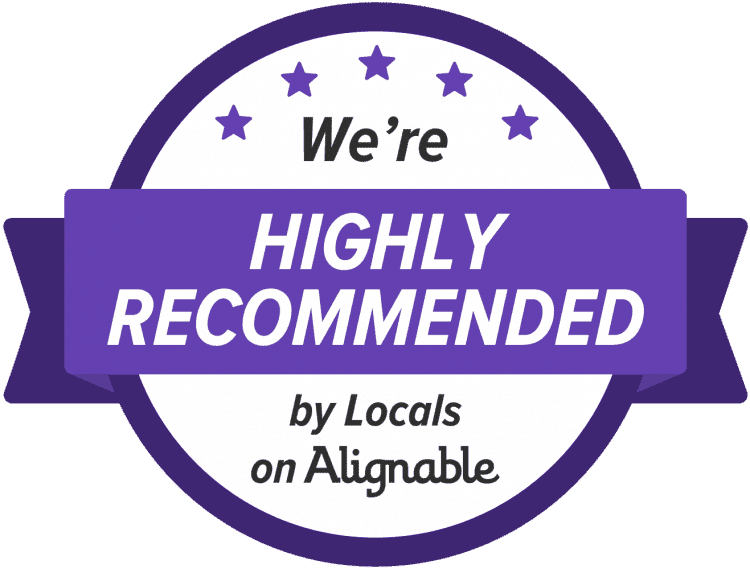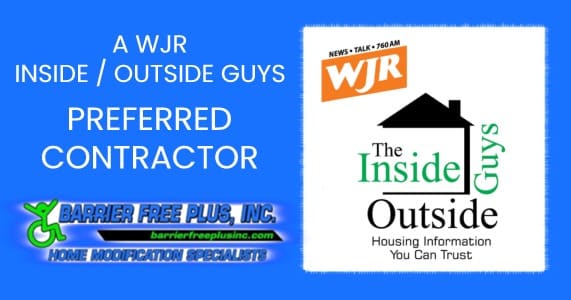Home Modification Experts
Barrier Free Plus, Inc, is a home modification barrier-free specialist servicing the elderly and those with special needs. Products include modular aluminum and steel ramps, grab bars and railings, safe accessible bathrooms, roll-in showers, walk-in tubs, stair lifts, overhead lifts, and VPLs. We work with case managers, occupational therapists, and individuals to create a safe and functional home environment.
Barrier Free Plus Living
Barrier Free Plus, Inc. Specializes Barrier Free Plus, Inc. is a licensed and insured residential and commercial construction company. Our focus is quality workmanship and customer satisfaction. Our mission is to remove obstacles impeding anyone that is aging in place or physically challenged. Barrier Free Modifications specializes in accessibility design and lifestyle solutions, providing you or your loved one with safe barrier-free design, remodel, and modification options.
New Build Or Remodel
Whether you are building a wheelchair accessible home or planning ahead for aging in place and independent living we can help. Barrier Free Plus, Inc. is a licensed and insured builder who can design and build living spaces that fit your disability.
Universal Design Homes
We can design barrier-free accessible homes, sometimes referred to as Universal Design homes, to meet your specific needs. As a licensed manufactured home builder, we can start from scratch and help you with the architectural design for your disability or can modify an existing floor plan. We provide detailed designs to specification writing, our estimates are clear, concise, and every project we undertake is given the utmost in individual attention.





